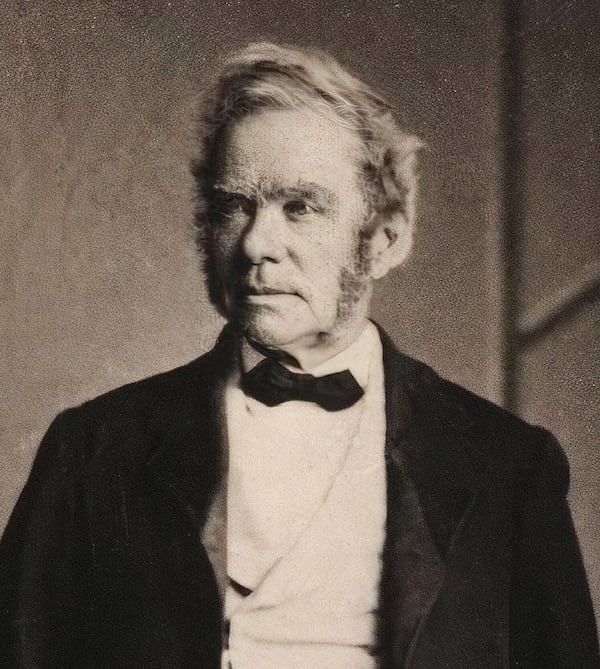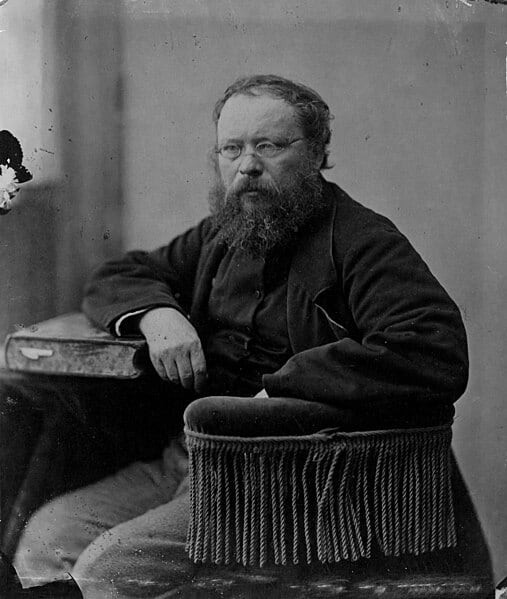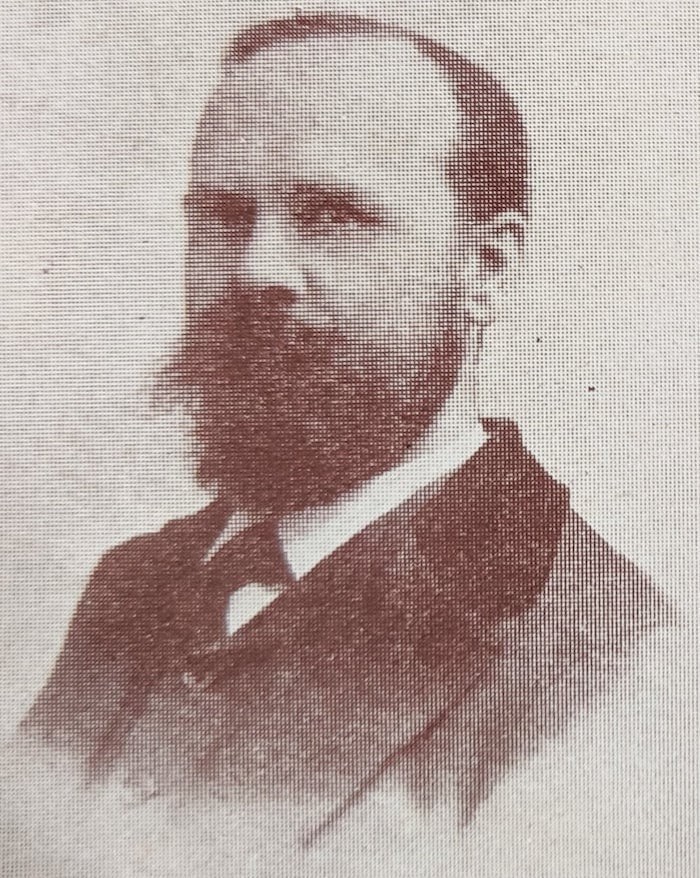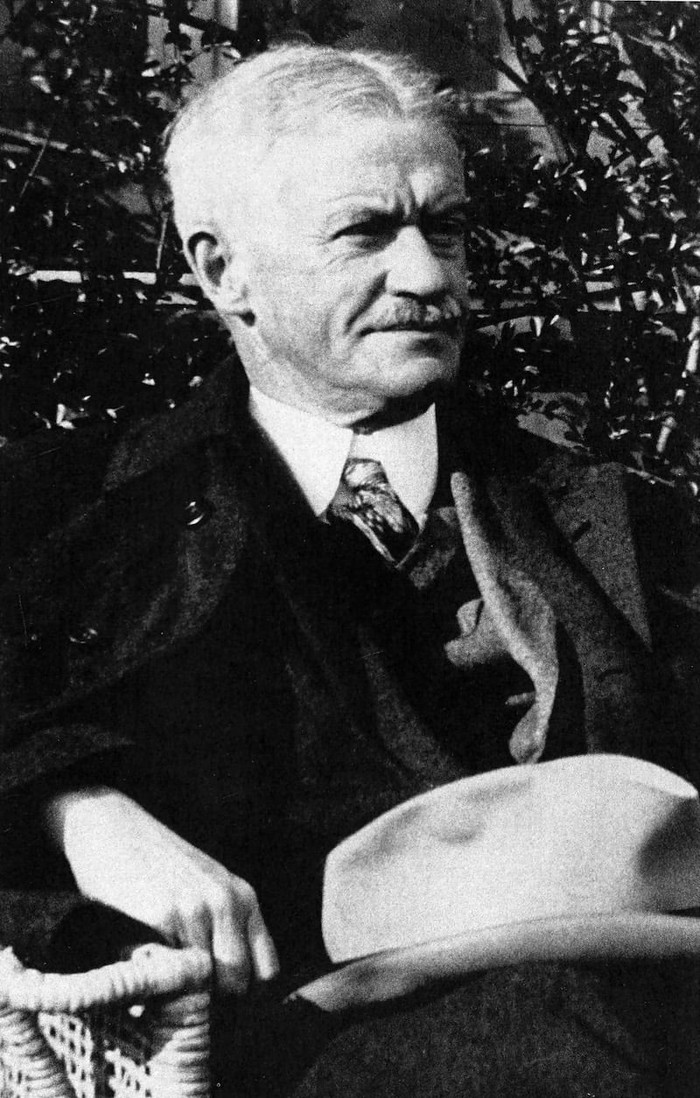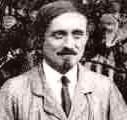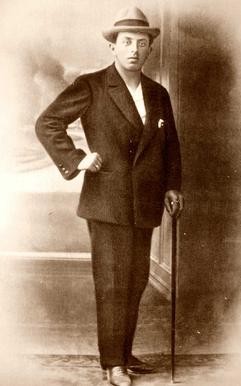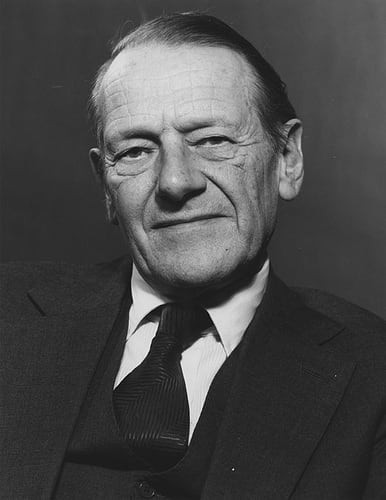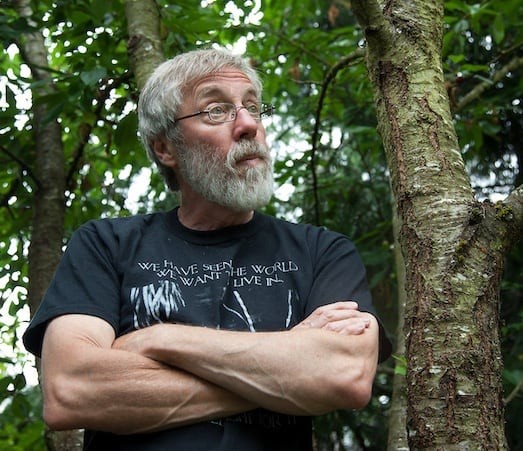Anarchy materials
Anarchism, a diverse and dynamic political philosophy, has seen the emergence of notable figures who have shaped its evolution over the years. This article limits itself to provide a list of renowned authors for interesting long reads, to help grasping anarchist ideas (and ideals?) via the contributions of 13 outstanding anarchists. Shedding light on key concepts such as social versus capitalist anarchism and the even more recent developments to include defense against external threats still without relying on central governments, nor warfare.
Prominent Anarchist thinkers
The list comes in their (birth) chronological.
Josiah Warren (1798–1874)
A pioneer of individualist anarchism, established experimental communities based on principles of equitable exchange and individual sovereignty.
Contributed with fabulous written works on individualist anarchism, particularly his book "Equitable Commerce".
Pierre-Joseph Proudhon (1809–1865)
Often hailed as the father of anarchism, challenged conventional notions of property and government. His writings laid the foundation for anarchist thought, emphasizing voluntary associations and mutualism.
Proudhon's most notable accomplishment was introducing the concept of anarchism and radical challenge to the status quo through his groundbreaking work, "What is Property?".
stands as the most compelling and impactful books I've ever had the privilege of reading. Period. Whether one aligns with or challenges Proudhon's views, the sheer depth of factual support within the pages makes it an unparalleled literary experience. If I were to recommend just one book, without hesitation, it would be this profound exploration of property and its implications. Challenges readers to grapple with the complexities of Proudhon's perspectives. In a world of diverse opinions on economy, "What is Property?" remains an intellectual tour de force, backed by a wealth of facts that make it daunting to advocate for any opposing viewpoints.
Max Stirner (1806–1856)
A radical individualist philosopher, rejected external authorities and championed individual autonomy. His ideas on egoism greatly influenced individualist anarchism.
Articulated his radical philosophy in "The Ego and Its Own" a work that continues to inspire individualist anarchist thought.

Lysander Spooner (1808–1887)
Legal theorist and abolitionist, challenged the legitimacy of the U.S. Constitution. His work emphasized individual rights and the immorality of coercive governments.
Produced a round-breaking essay, "No Treason: The Constitution of No Authority".
Leo Tolstoy (1828–1910)
Russian, christian anarchist and pacifist, explored the philosophy of non-resistance and individualist anarchism. His writings blended religious and anarchist ideas.
Most notable accomplishment on the topic: "The Kingdom of God Is Within You" where he expounded on Christian anarchism and non-resistance.
Benjamin R. Tucker (1854–1939)
A leading figure in individualist anarchism, advocated for voluntary cooperation and the abolition of the state. He was a prominent publisher and editor, disseminating anarchist ideas through his periodicals.
Produced prolific editorial works and the compilation of his essays in "Instead of a Book".
Albert Jay Nock (1870–1945)
A staunch critic of state intervention, contributed immensely to individualist anarchist thought. His essays and critiques targeted the growth of state power and defended individualism.
His most influential book, "Our Enemy, the State" is a classic in libertarian literature.
Émile Armand (1872–1962)
Another Frenchy. Individualist, emphasized voluntary relationships and individual autonomy. His writings explored diverse topics such as free love and hedonism.
Delivered extensive writings on individualist anarchism, with "The Individualist Anarchist Discourse" best showcasing his ideas.
Renzo Novatore (1890–1922)
Italian, another individualist. Expressed rebellious and nihilistic ideas through poetic writings. His work celebrated individual self-expression and defiance against societal norms.
Collections of his writings are out there, worth of mention: "Toward the Creative Nothing" which remains influential in individualist anarchist circles.
Paul Goodman (1911–1972)
Sociologist, critiqued modern society and education. His advocacy for small-scale, self-governing communities contributed to anarchist social thought.
Wrote a pretty influential book, "Growing Up Absurd" which examined the challenges of contemporary education.
Maurice Cranston (1920–1993)
Political philosopher, delved into anarchist thought, providing insights into the works of thinkers like Proudhon and others.
Explored political philosophies and ideologies, helped contribute to the understanding of prominent anarchist ideas.
One of his most influential books is "John Locke: A Biography" where he delves into the life and ideas of the influential Enlightenment philosopher John Locke. This biography provides a comprehensive examination of Locke's political philosophy, exploring concepts such as natural rights, the social contract, and the separation of powers.
David Graeber (1961–2020)
More contemporary thinker, played a pivotal role in the Occupy movement and advocated for radical democracy and prefigurative politics.
Most notable accomplishment was his influential work, "Debt: The First 5,000 Years" which explored economic hierarchy and the role of debt in shaping societal structures.
John Zerzan (1943–Present)
An advocate of primitivist anarchism, critiques modern technological systems and calls for a return to pre-agricultural societies.
His book, "Elements of Refusal" critically examines the impact of technology on society, challenging conventional views.
Am I an Anarchist?
Not sure. But I hardly find any other political ideology trunk making at least some ethical sense. If you know one, please shoot me a message.
